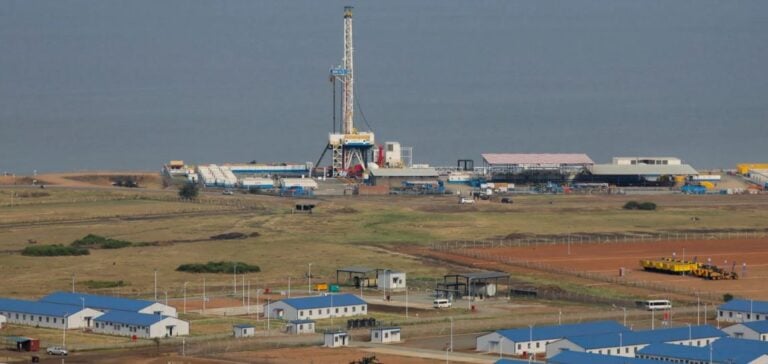Uganda expects a substantial economic boost over the next three decades, with oil and gas revenues injecting $8.6 billion into the national GDP. Major developments include the Kingfisher and Tilenga production sites in the Lake Albert region, due to be operational in 2025.
Investment strategy
Associated investments more than double this amount, with 4 billion dollars allocated to the construction of the Kabaale refinery in the Hoima district, 5 billion for the construction of theEast African Crude Oil Pipeline (EACOP)and other key infrastructures such as Uganda’s second international airport at Kabaale and an industrial park.
Officials’ views and statements
Pamela K. Mbabazi, Chair of Uganda’s National Planning Authority, stressed at the 1st Sectoral Interconnections Conference the importance of redirecting oil and gas profits towards robust, diversified economic development that benefits all Ugandans. Irene Bateebe and Gunnar Sjøgren also discussed the Norwegian and Emirati models as examples to follow for sustainable economic development.
Prevention of economic diseases
Ali Ssekatawa, Director of Legal and Corporate Affairs at the Petroleum Authority of Uganda (PAU), mentioned that Uganda must avoid pitfalls such as Dutch disease and the oil curse by finding local solutions and linking backwards and forwards with sectors such as education, health, agriculture, and land use planning.
As Uganda embarks on the exploitation of its oil and gas resources, the authorities aim to channel these revenues into the development of a sustainable economy. The strategies adopted and the models followed aim to prevent the economic risks often associated with resource-rich economies, by putting in place structures and policies designed to optimize the country’s long-term benefits.






















